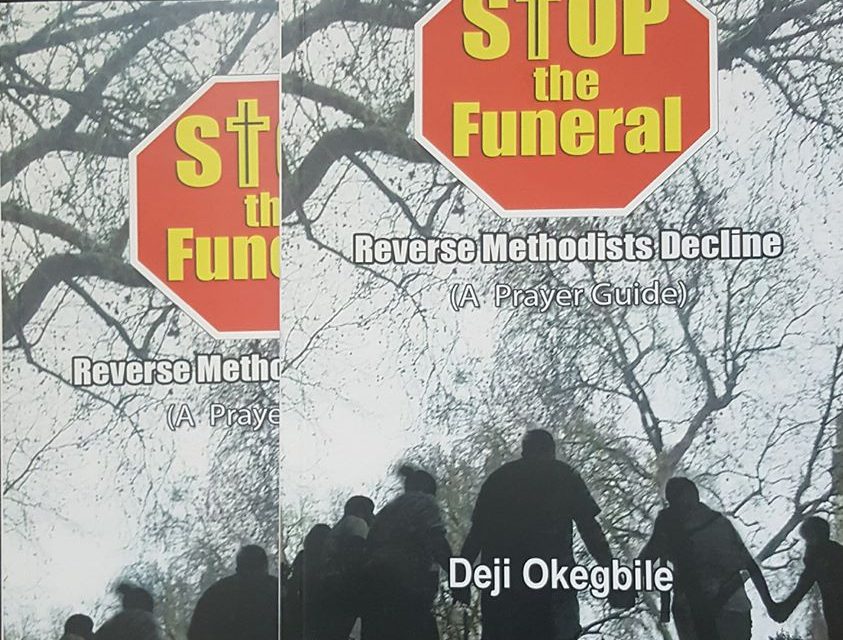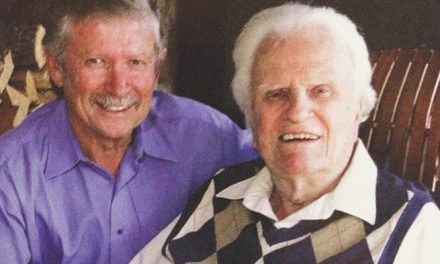No Circuit ever did, nor ever will, flourish unless there are bands in the larger societies – John Wesley
In one of my books, ‘Stop the Funeral: Reverse Methodist Decline, a prayer guide for a renewing ceaseless prevailing intercession, I explained that Methodism was born at home for one thing, declaring the glad tidings of salvation. My reflection is that, Methodism grew in peoples ‘homes before ever it could be accommodated in a separate building.’ In essence, Forward to the Past, the church, born at home remains a gift Methodism holds in treasure for the church even today. The spirit of Methodism is re-emerging, stronger, in churches with new names, but Forwards to the Past, believing the age-old beliefs that made Methodism so strong in its early days. Bishop John A.T. Robinson wrote in 1960 that “the theological recovery of this idea of the church in the house is one of the most important tasks of our generation.” Methodism holds in treasure for the church today and in the future the church quality and growth through ‘intentionally multiplying small groups.’ It is important to note that throughout the industrial revolution, Methodism grew with evangelical fervour not with liberal emotion and ideology. Forward to the past reminds us that the spirituality, mission and history of Methodism provides useful lessons and models for mission which can be built upon for churches today.
It is on record that, ‘the first seventy years of the Methodist movement were marked by remarkable growth. But by 1815 or so the Class Meeting was being replaced by prayer meetings. By 1850 Methodism had begun to decline as a proportion of the English population. It has never regained its initial vigour – nor its Class Meetings.’ Waddy Moss explained that, ‘one of the factors which contributed to the decline of the class meeting was, paradoxically, the success of Methodism.’ According to him, ‘as more and more people joined the societies, it became harder to maintain discipline.’ How the decline of the class meeting and house church caused by the success and growth of Methodism invite us forward to our past discipline. Class meeting and house church provided solid foundation for genuine growth, in contrast to the success of Methodism without spiritual oversight and discipline. Errors were made in judgement and in the appointment of inadequate Class leaders. It was noted ‘as early as 1748 there were complaints that, “the Leaders are insufficient for the work: they have neither gifts nor graces for such an employment.” Forward to the past summons us to challenge leadership incompetence which resulted ‘to splinter 19th century Methodism.’
Forward to the Past suggests a search light on poor leadership in order to avoid a repeat of conflicts among leaders that took their toil on the members and classes. There was loss of a thousands of class members as conflict “stumbled the people, weakened the hands of the Preachers, and greatly hindered the work of God.” Forward to the past warn us against further conflict that could again lead to the loss of more Preachers and members in the church. Forward to the past especially in an age of changing culture, house church and small groups are increasingly relevant in order to encourage effective discipleship and healthy growth in the church. Forward to the past provide the most effective means of renewal among especially among Methodist true fellowship in Christian experience. Forward to the past invite us under God to put family, husband, wife and children first as the foundation of genuine church growth.
Forward to the past with reference to the birth of the early Christian community at home teaches us that the church is people, not places. The Bible mention churches meeting in houses and the first meeting is recorded in the Acts of the Apostle, ‘And when they had entered, they went up into the upper room where they were staying….’ (Acts 1:13). The upper room is believed to have been in the home of John Mark, author of Mark’s Gospel (Mk 12:12). It was located according to tradition, on the southern end of the ridge called the “Upper City.” In this first “house church” over 100 believers including Jesus’ mother and brothers, prayed earnestly with one accord. The early Christian community as a house church ‘devoted themselves to the apostles’ teaching and to the fellowship… They broke bread in their homes and ate together with glad and sincere hearts. ‘Some twenty-five years later, the apostle Paul wrote to friends in Rome: ‘Greet also the church that meets in their house.’ It was in AD 313 when the Roman Emperor Constantine legalised Christianity that churches moved into larger buildings.
The Reformation of the sixteenth and early seventeenth centuries ‘fostered new churches as Protestants built their own places of worship. Yet in every century Christians have met in homes in small groups to supplement their more formal church life.’ Forward to the past calls Methodism to remain faithful to its mission and identity as defined by John Wesley, spreading Scriptural holiness through the ‘gathering together of seriously minded people into classes for mutual help and edification.’ Forward to the past is about helping to develop friendships, welcoming people new to the small group on an equal footing with established people. Forward to the past is about the centrality and personal application of God’s Word thereby encouraging people to know ‘How does this personally apply to them?’ In conclusion, Forward to the past summons us to the relational leadership, evangelism, and social outreach of the small groups as members put what they have learned in the Word into action in their lives and communities.











Recent Comments